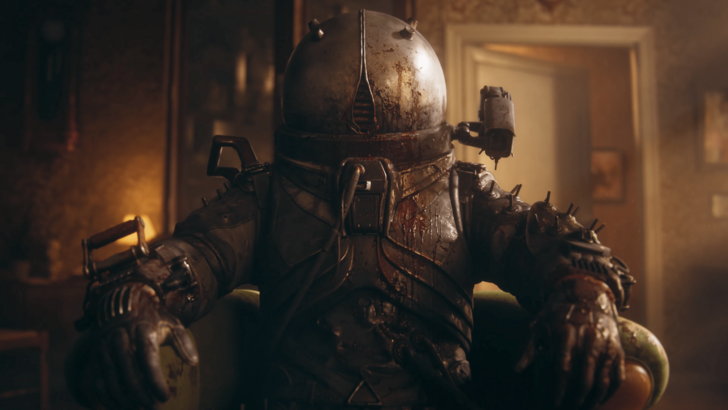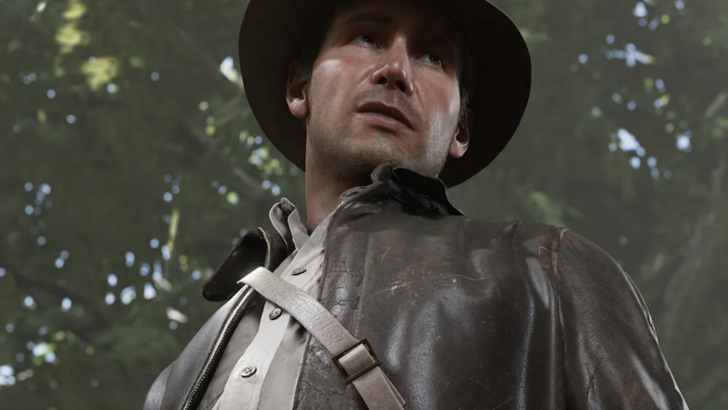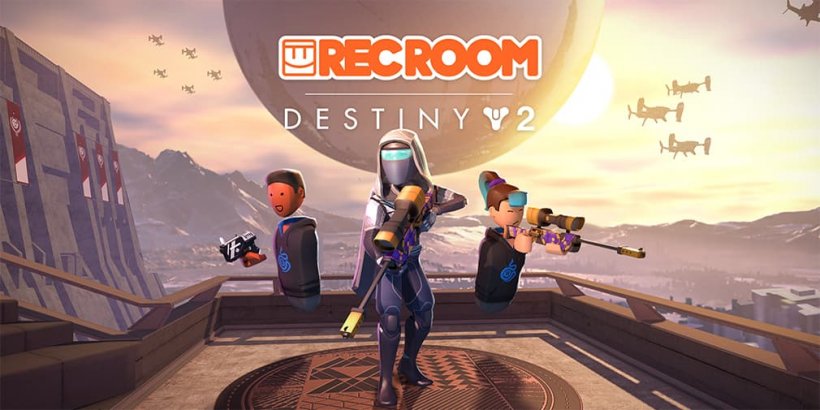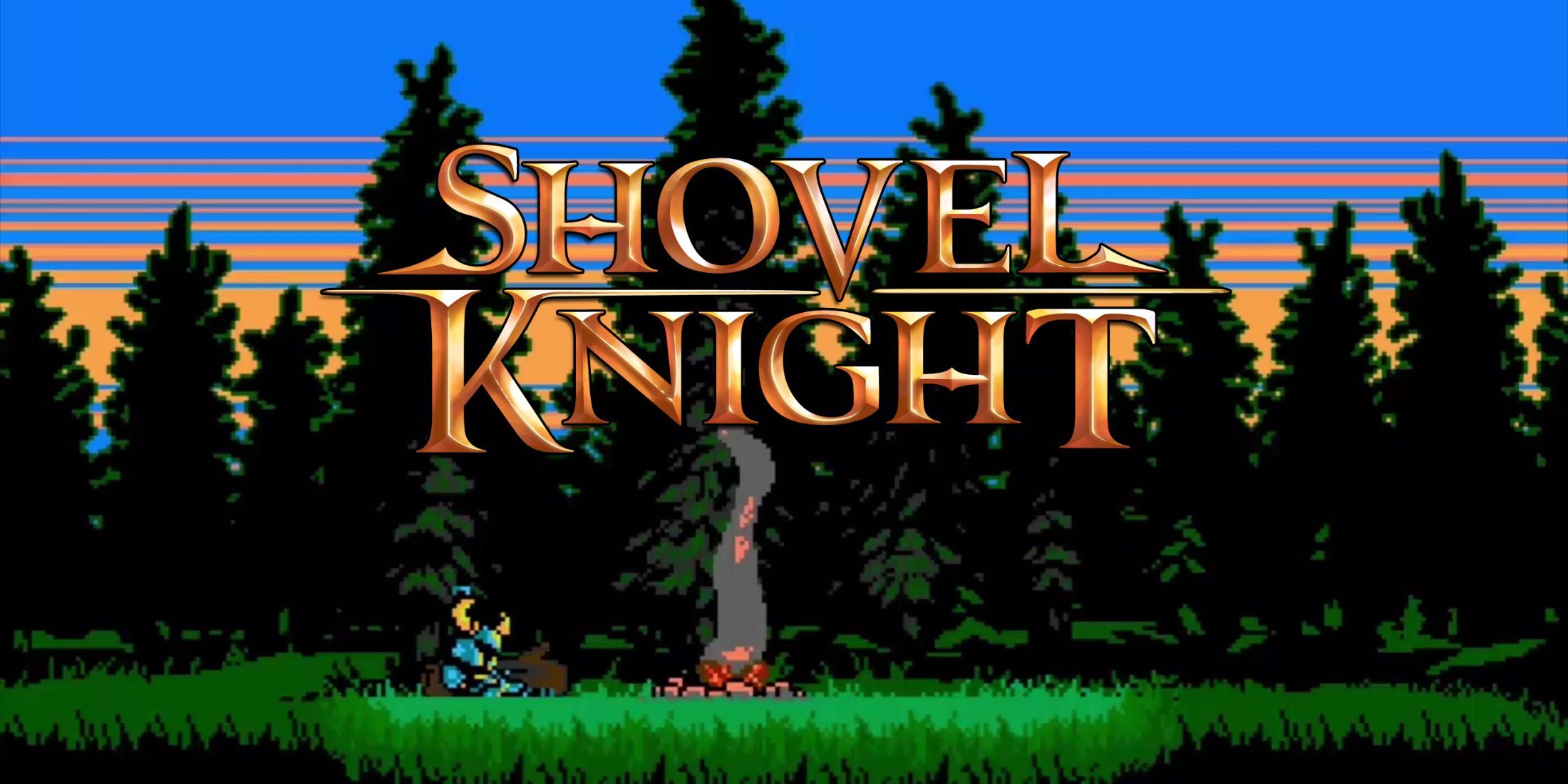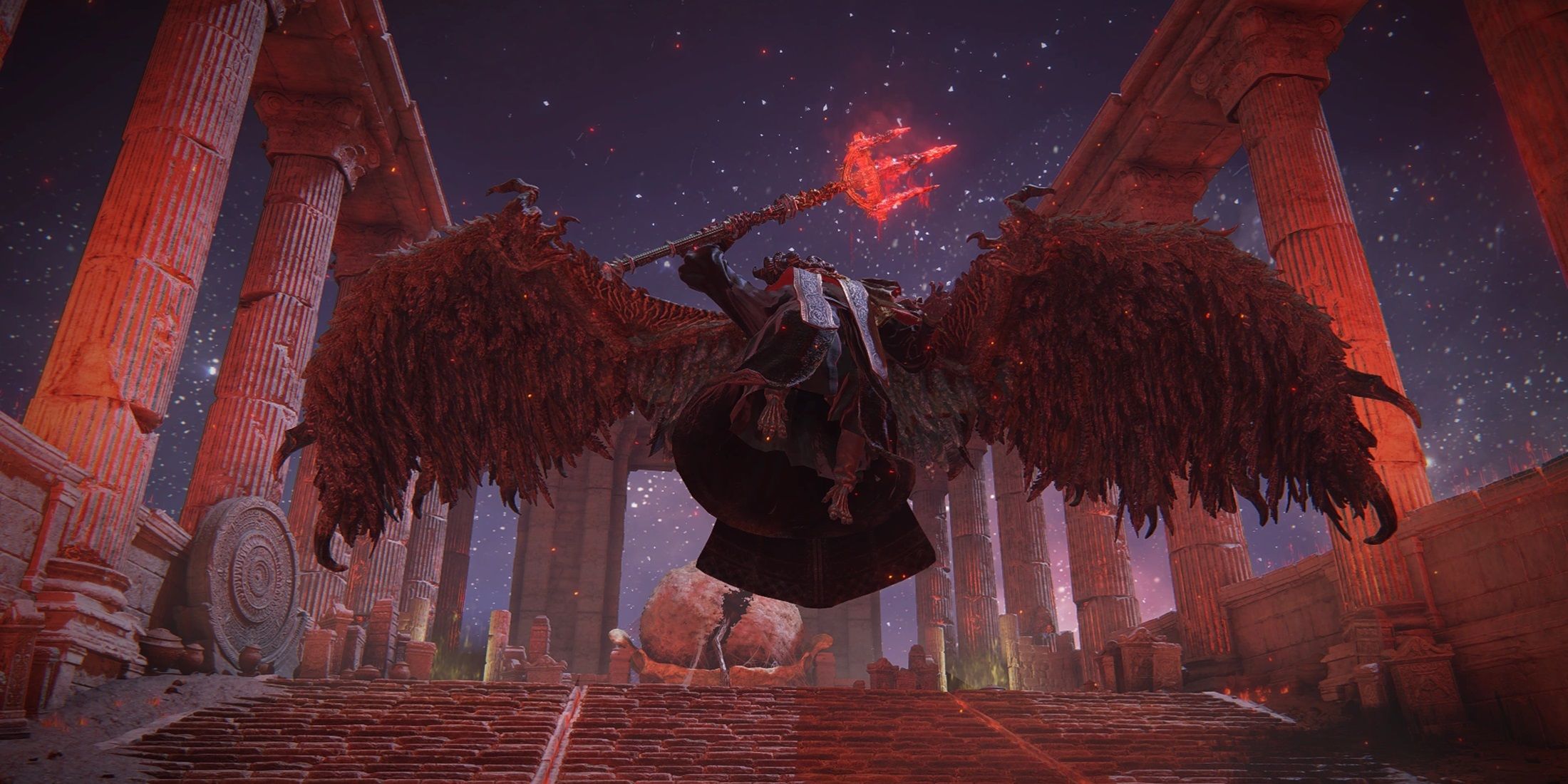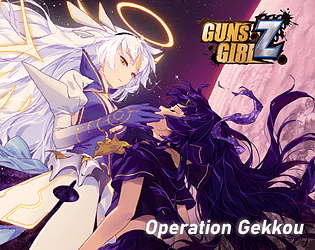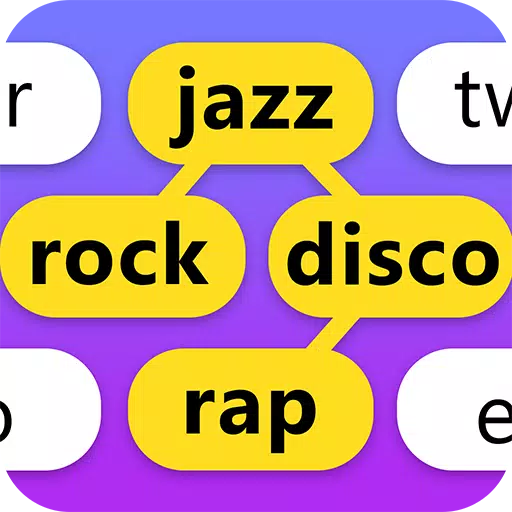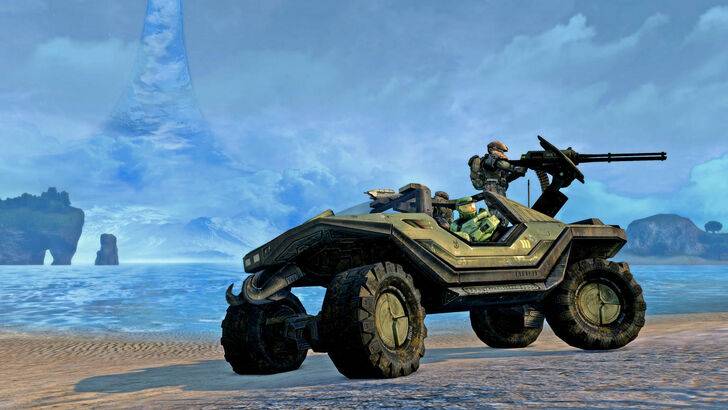
The 2011 remake of Halo: Combat Evolved Anniversary took an unusual path to development. Saber Interactive, then an independent studio, offered to create the remaster for free. This bold move, and the subsequent events, highlight a fascinating story of risk, reward, and ultimately, remarkable success.
Saber Interactive's Bold Gamble
A High-Stakes Bet on Exposure
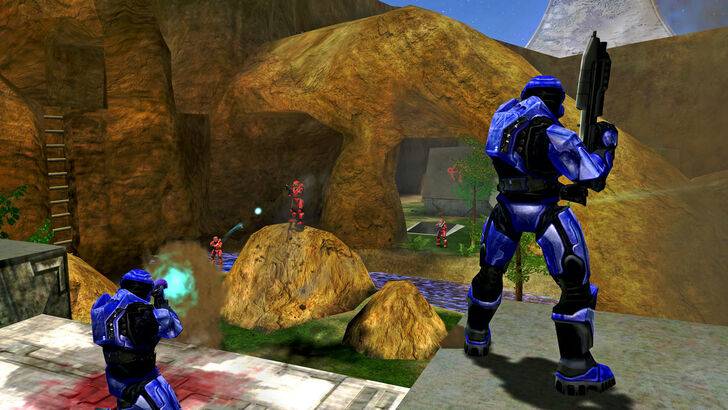
In a Game File interview with journalist Stephen Totilo, Saber Interactive CEO and co-founder Matthew Karch revealed the audacious strategy behind their pitch to Microsoft. They offered to develop the Halo remake at no cost. Karch's reasoning was simple: "Because it’s Halo." The exposure alone, he believed, would be invaluable for a young, independent studio.
The reaction from the Xbox executive was, understandably, shock. But Karch saw it as a calculated risk. Securing a project of this magnitude—a cornerstone title in the world's biggest gaming franchise—would act as a powerful testament to their capabilities, opening doors to future opportunities. He famously stated, "It’s like putting a Harvard diploma on your wall."
Despite a later requested bid of $4 million from Microsoft, Saber essentially received no direct payment for the Halo: Combat Evolved Anniversary remake due to contractual clauses that negated any royalties.
From Underdog to Industry Player
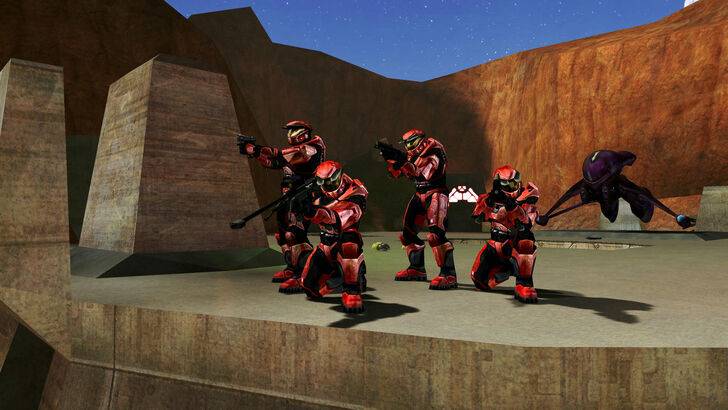
The seemingly self-sacrificing move paid off handsomely, albeit indirectly. Saber's work on the remake earned them the opportunity to collaborate with Microsoft again, this time on Halo: The Master Chief Collection. This included porting Halo: Combat Evolved Anniversary to the Xbox One. A crucial detail emerged: Microsoft initially overlooked sending a contract for the Xbox One port until just before the collection's release.
Karch leveraged this situation. He refused to sign unless Microsoft removed the royalty-killing clauses from the previous contract. Microsoft agreed, resulting in a substantial payout for Saber, amounting to tens of millions of dollars. This windfall marked a turning point, transforming Saber from a small studio relying on publishers to a financially independent entity capable of pursuing its own ambitious projects.
Saber Interactive's Ascent
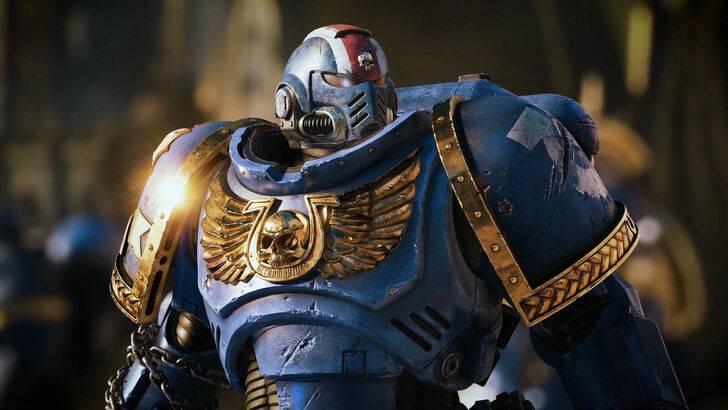
The Halo project propelled Saber Interactive's growth. They expanded globally, opening studios in Spain, Sweden, and Belarus, and acquired several other studios, including Binary Motion and New World Interactive. They also secured high-profile projects, such as the Nintendo Switch port of The Witcher 3: Wild Hunt and the development of World War Z.
Acquired by Embracer Group in 2020, Saber remained an autonomous subsidiary. However, a later deal saw Saber Interactive sold back to Beacon Interactive, a company owned by Karch, preserving the Saber brand and its intellectual properties. Despite this change, Saber Interactive continues to thrive, with ongoing projects including Warhammer 40,000: Space Marine 2 (released September 2024), John Carpenter’s Toxic Commando, and Jurassic Park: Survival. CCO Tim Willits confirmed continued development on all planned titles via X (formerly Twitter), reassuring fans. The story of Saber Interactive's journey is a testament to calculated risk-taking and the power of strategic partnerships in the competitive video game industry.

 Latest Downloads
Latest Downloads
 Downlaod
Downlaod
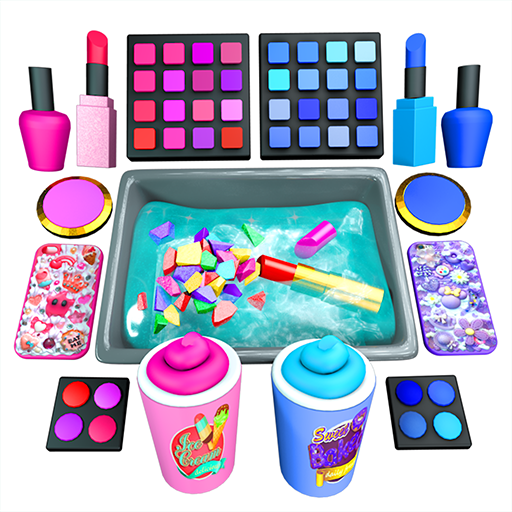



 Top News
Top News